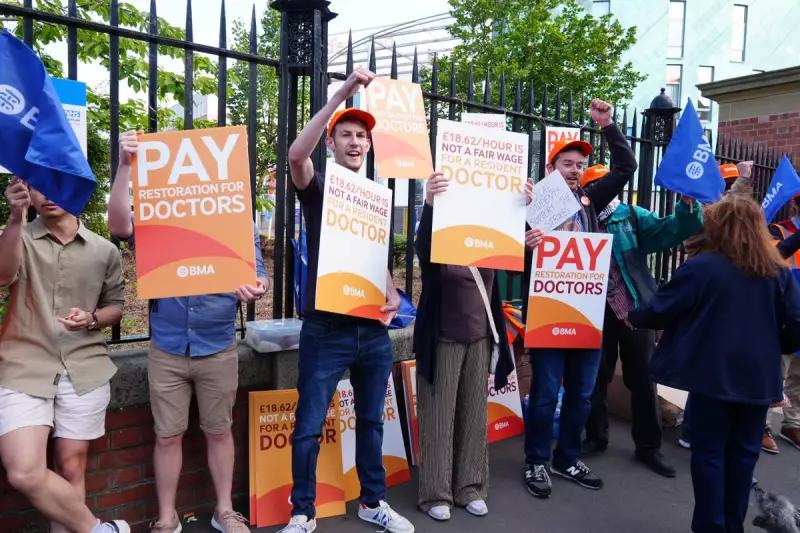
Thousands of resident doctors across England have walked out in a major five-day strike, escalating a long-running pay dispute that health leaders warn could force the NHS to cut frontline staff and patient services.
Industrial Action Escalates
This marks the 13th walkout by resident doctors since March 2023, creating unprecedented disruption within the National Health Service. The industrial action began on Friday 14 November 2024 and is scheduled to continue for five full days.
Health leaders from both the NHS Confederation and NHS Providers have issued stark warnings about the consequences of continued strikes. They state that the significant financial strain caused by industrial action could ultimately force the NHS to reduce its workforce, cancel appointments and cut operations.
Financial Strain and Service Impact
The previous five-day strike in July was estimated to have cost the health service £300 million, placing enormous pressure on already tight budgets. This financial drain is directly hindering efforts to tackle the growing waiting lists that have accumulated since the pandemic.
The British Medical Association (BMA), representing the striking doctors, is seeking a 26 per cent pay uplift to restore what they describe as eroded earnings over recent years. However, Health Secretary Wes Streeting contends that doctors have received an almost 30 per cent increase over the past three years.
Coverage Dispute and Official Guidance
In a move that intensifies the dispute, the BMA has instructed its members not to cover planned NHS work during the strike period unless specific safety conditions are met. Meanwhile, NHS England has urged trusts not to adopt the BMA's higher rate card for arranging emergency cover, creating a standoff over how to maintain essential services.
A concerning report has also revealed that one in five NHS doctors are considering leaving the UK profession, highlighting deeper issues within the healthcare system beyond the immediate pay dispute.






